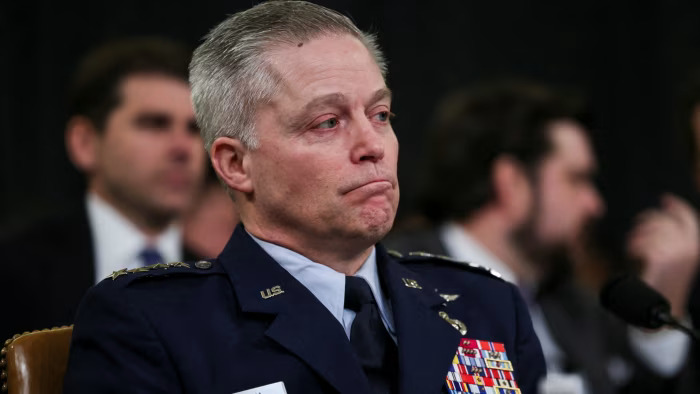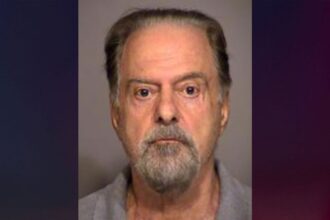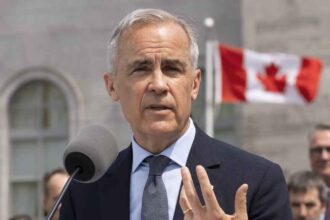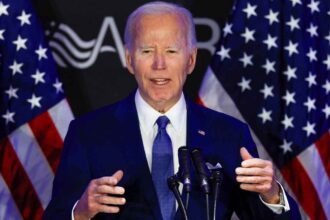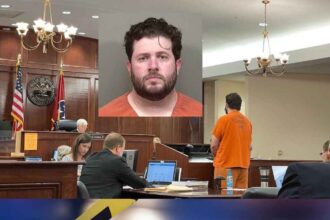In a dramatic move on Thursday, President Donald Trump dismissed both the director and deputy director of the National Security Agency (NSA), General Timothy Hough and Wendy Noble, marking another significant shake-up in his administration’s approach to national security.
General Hough, who also served as the head of U.S. Cyber Command, was replaced by William Hartmann, the deputy director of Cyber Command.
Meanwhile, Sheila Thomas, the NSA’s executive director, will step in as the acting director.
The firings sparked immediate backlash from conservative circles, with far-right activist Laura Loomer voicing strong support for the decision.
Loomer claimed that Hough and Noble were disloyal to Trump, alleging that Hough had been appointed by General Mark Milley, the former Chairman of the Joint Chiefs of Staff who publicly opposed Trump.
Loomer criticized Hough’s connection to Milley, whom she described as “anti-Trump,” and suggested that his leadership at the NSA was unacceptable due to those associations.
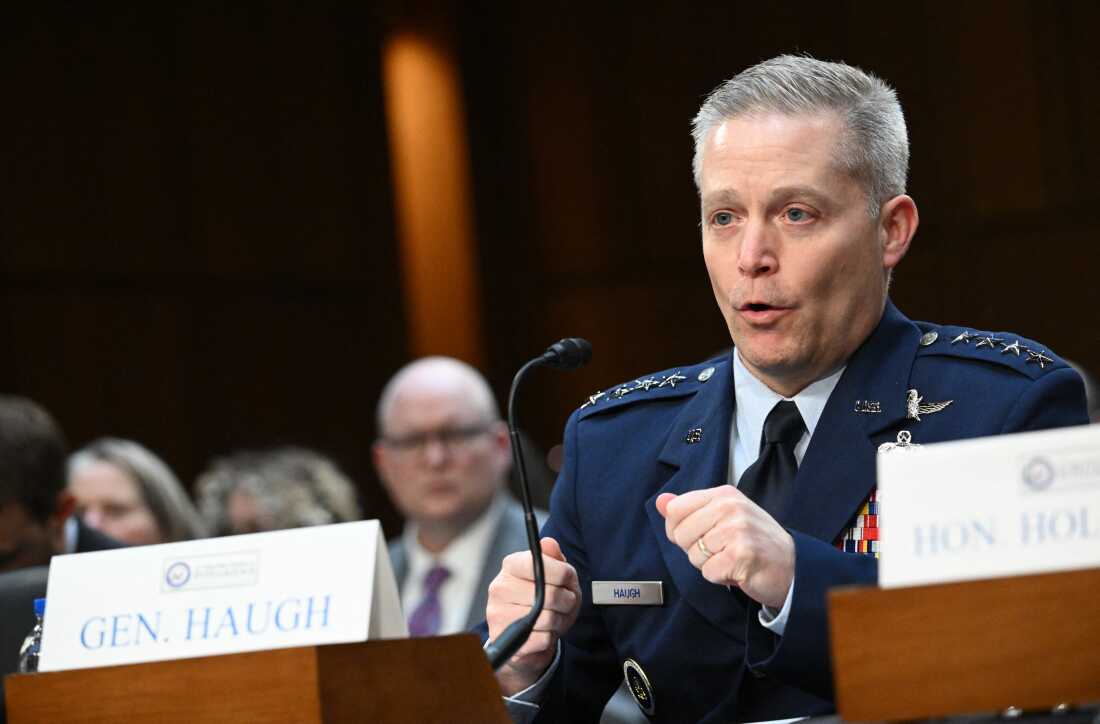
Loomer also targeted Noble, labeling her a “protege” of former Director of National Intelligence James Clapper, another vocal Trump critic.
READ ALSO: Macron Urges European Companies to Suspend U.S. Investments After Trump’s Tariffs
She accused Noble of pushing for policies such as Diversity, Equity, and Inclusion (DEI) within the NSA, which she claimed were counterproductive to the agency’s mission.
Loomer expressed satisfaction with Trump’s decision, crediting the president for listening to her concerns about what she referred to as “Biden holdovers” in key national security positions.
According to CNN, Loomer met with Trump in the Oval Office on Wednesday, urging further changes within the National Security Council (NSC).
This meeting is believed to have directly influenced the president’s decision to remove Hough and Noble.
Trump’s decision to fire top officials reflects his ongoing effort to reshape his administration and consolidate power in critical agencies.
Since taking office in January, Trump has dismissed several senior officials across U.S. agencies, replacing them with individuals more aligned with his political views and national security priorities.


